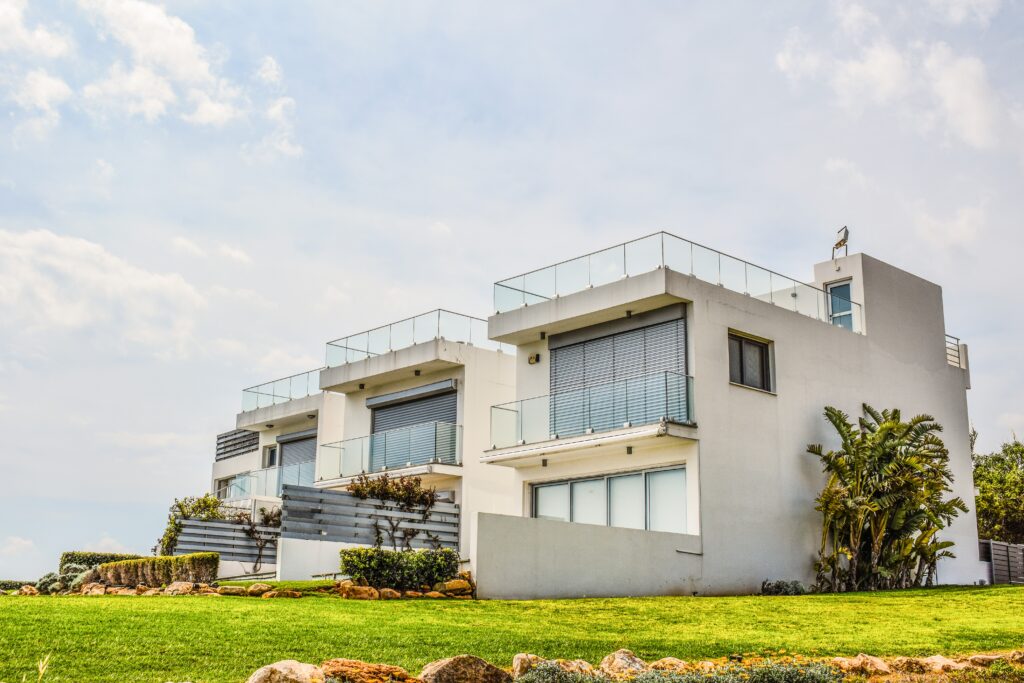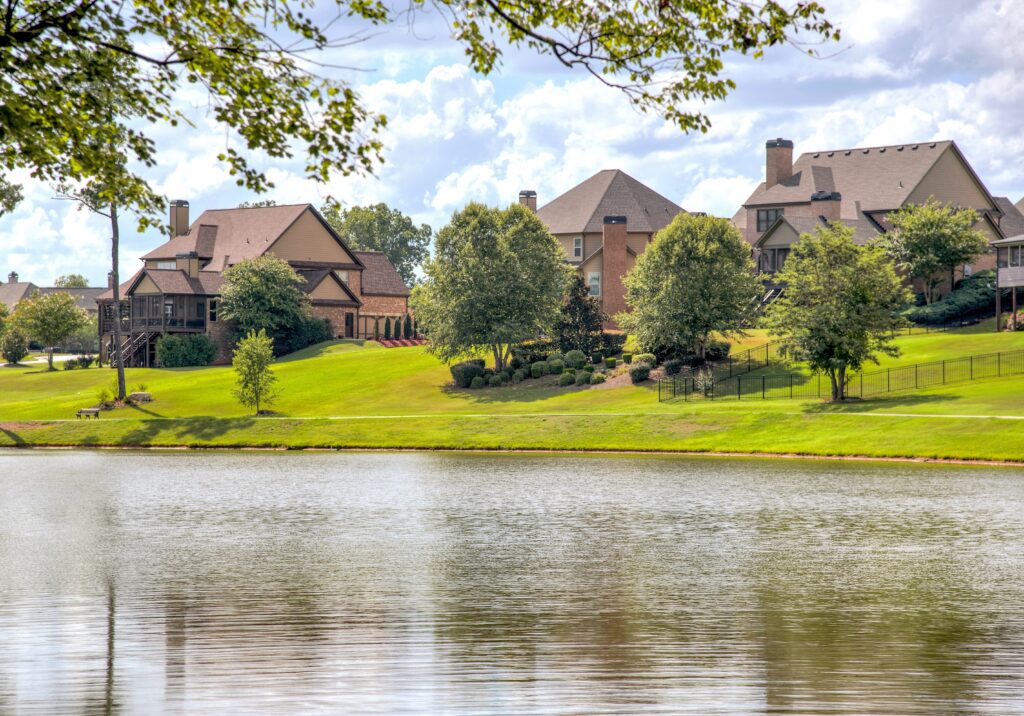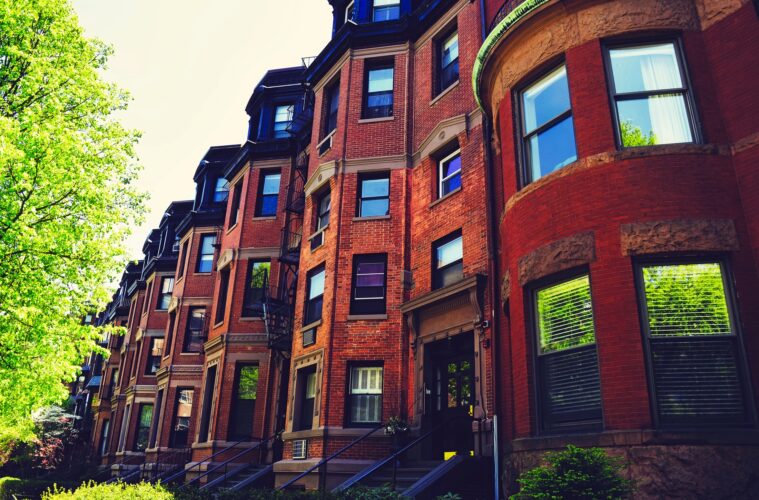Buying a house is likely to be the biggest financial outlay of your life; before committing to purchase a property, here are the five things you need to consider.

Your Budget
This is the most important of all: knowing not just what you can afford to buy, in terms of loan agreements and down payments required, but being aware of any work that the property may need, which will necessitate further expenses. This is where searches and inspections are vital to highlight structural, electrical, or any other issues that may not be obvious but that could mean a big bill further down the line.
It’s important to know whether or not a property is listed, too, or has any other restrictions governing its use, as this could impact massively when it comes to budgeting for renovations or modernizations, and so will need to be considered as part of your budget.
Be Aware of Homeowner’s Insurance
It’s worth being aware that acquiring homeowner’s insurance is often a compulsory condition of borrowing the money required to buy your property, and so this needs to be factored into your ongoing household expenses, Homeowner’s insurance is important as it provides cover for any structural damage caused to your home by an event such as a flood or fire. Some plans also provide cover regarding any injuries caused to people inside the home as well as to belongings in the home. Click here to find out more about what is covered by a homeowner’s insurance plan and to get an idea of the sort of annual premiums you can expect to pay. Even where homeowner’s insurance isn’t a condition of buying a property, it is often a good idea to sign up to a plan for the protection – and peace of mind – that having one can offer.
Homeowner’s insurance is different from homeowner’s warranty. Whereas the former covers the structure of the property, the latter provides cover for appliances and systems within the home. This can range from white goods like refrigerators and washing machines to plumbing, heating, and air conditioning systems. Unlike homeowner’s insurance, purchasing a homeowner’s warranty is not a condition of buying a house.
Research the Neighborhood
Be sure to visit the property you’re considering at different times of day to get an idea of both the ambiance of the house itself and a general feel for the neighborhood. Have a look online to see the price that other houses in the locality have sold, or are on the market for, and check out whether there is any local development planned and its nature, if so. Be sure to research nearby schools, too, and have a look at statistics online for things like crime rates.

Ask the current owner, or the estate agent that gives you the tour, plenty of questions: find out why the house is being sold, whether there have been any neighborhood or land disputes, how long the owner has lived in the house: these types of questions can provide you with invaluable insight into both the property itself and the surrounding neighborhood.
Know the Market
You’ll have gained an awareness of what similar properties sell for as part of your house search, but it’s important to have a good grasp on other market factors to determine whether you’re making a smart buy in terms of investment – what’s the likelihood, for example, of the property gaining in real value over the next ten years or so?
For this, have a look at what similar properties in the neighborhood sold for historically, compared to their current price; don’t forget to factor in inflation to get the most accurate picture. It’s also important to check the planning department to see what new builds or developments are imminent: for example, if the property you want currently backs onto fields, but a gas station is going up there within the next two years, you could expect to see a decrease in the projected property value. Have a look at wider market indicators, too: are there warning signs of a dip, or are things on an upward curve?
Leasehold vs. Freehold
In the US, some people own properties that incorporate a leasehold or a freehold tenancy. Basically, if you own the freehold, this means that you own both the property and the land it has been built on for an indefinite period. If you have a leasehold, this means that you own the property, but you do not own the land beneath it.
A leasehold also means that you only own the property for a set number of years (anything from a decade to a century or more), and after this time, the ownership will pass to the freeholder. Some flats in the US are sold on a freehold basis, with the freehold title held by either the builder of the property or the company that the builder has sold on the title to.
It’s essential to be aware of these differences when considering purchasing a property: having a long length of time left on a leasehold arrangement (one hundred plus years) can add thousands to your property’s value.
Published by HOLR Magazine


